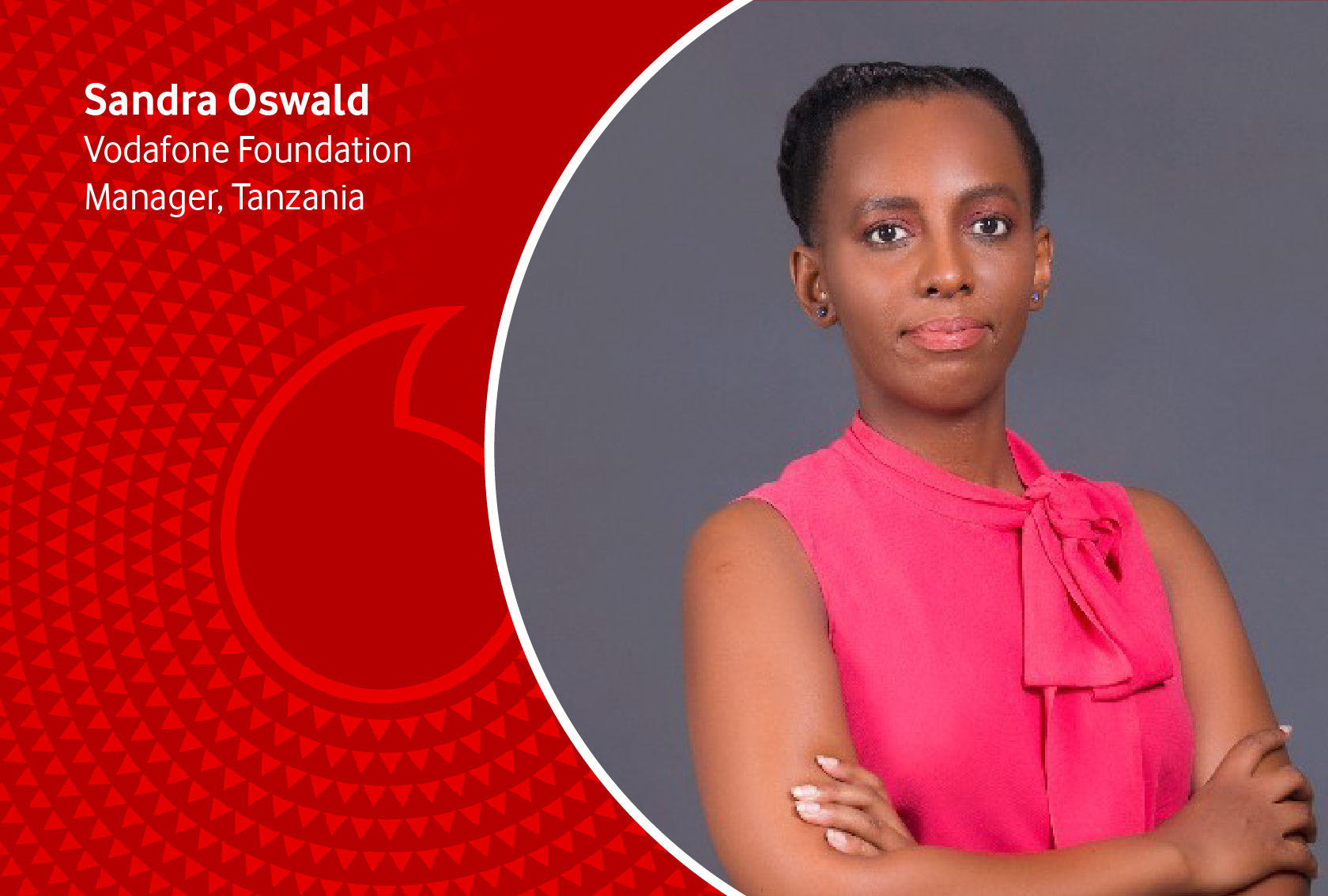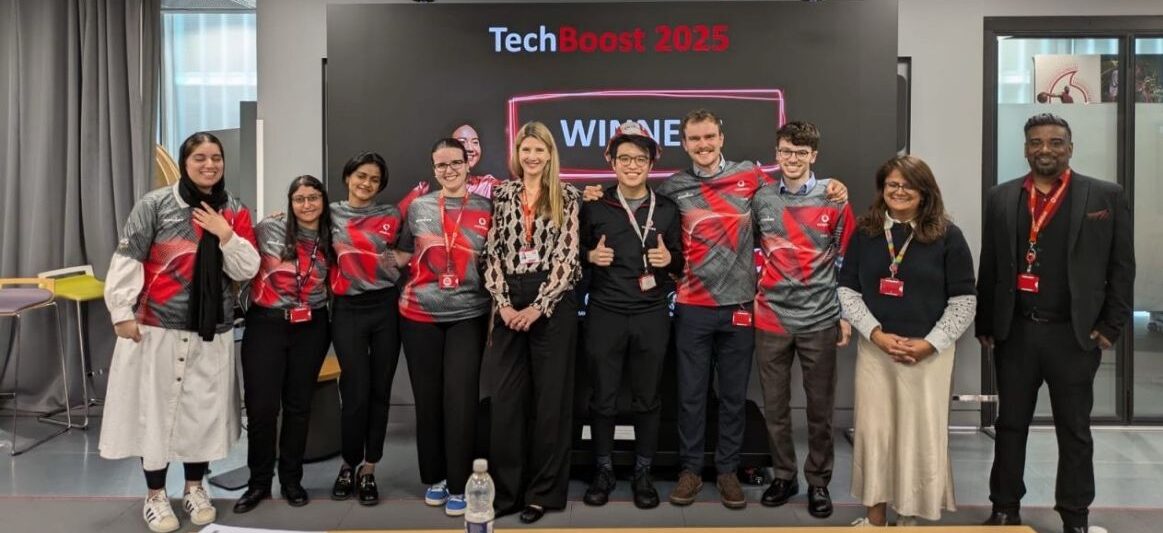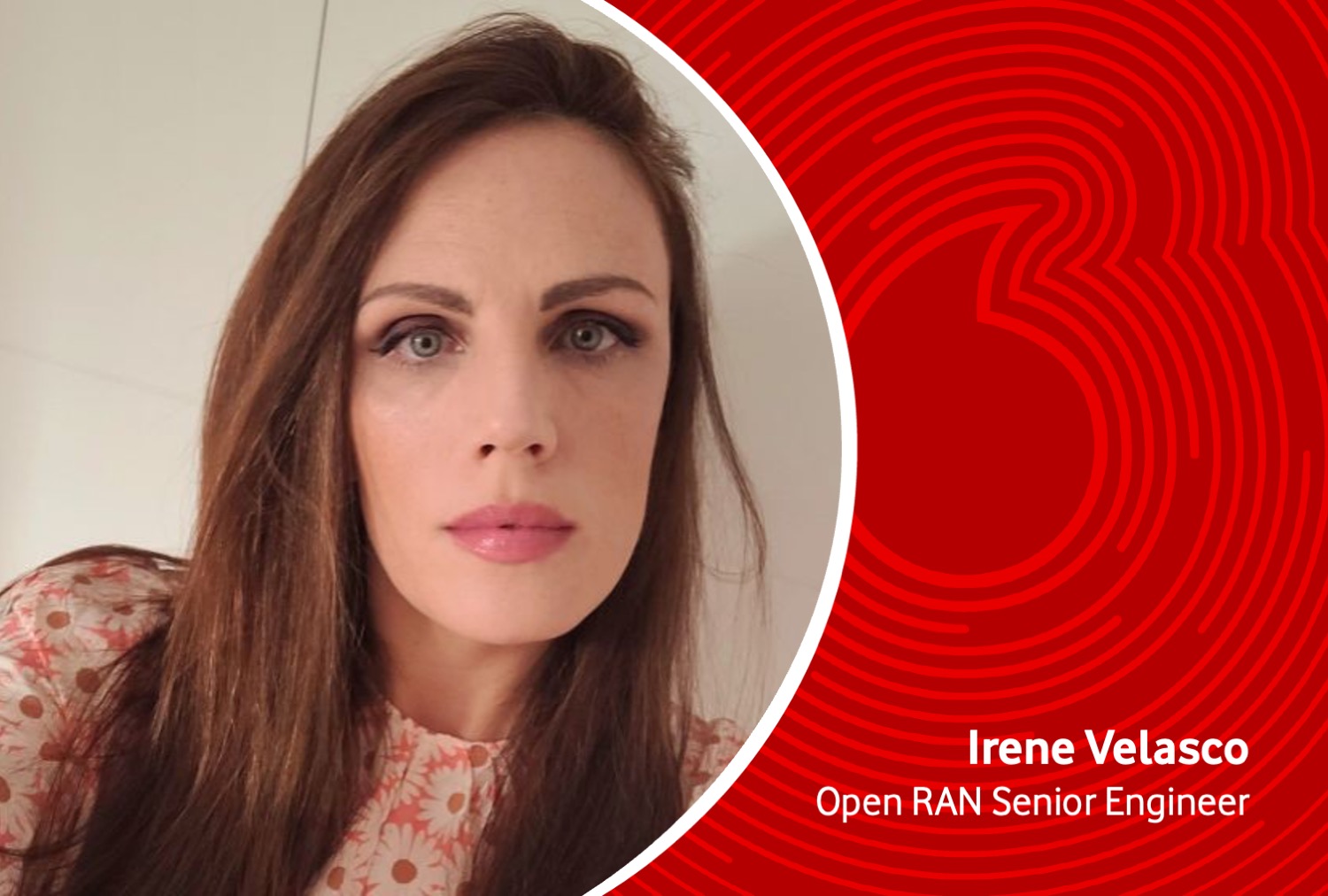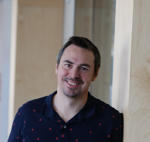
Jindřich Kubát
Head of Digital EngineeringJindřich Kubát joined Vodafone CZ in November 2022, from a background in development, microservices, and development operations in banking and ecommerce. As Head of Digital Engineering, he oversees customer-facing assets such as the Vodafone website, mobile applications, TOBi (the digital customer assistant), and APIs.
He says that his motivations in coming to Vodafone included a desire for a “positive company culture with a strong engineering culture.” He also relished the challenge of building an IT department grounded in data and metrics. “Having colleagues from whom I can learn and with whom I can grow is important to me,” he explains. “The telecommunications industry was entirely new to me, but I was attracted to its critical role in providing essential services like telecommunications and the internet.”
Over the relatively short time he has been with the business, Jindřich has managed to stabilise and augment his team, which includes the appointment of a new Java Chapter Leader. “I also advocated for the distribution of critical know-how across a broader range of team members,” he says. “Fortunately, we were able to recruit some highly skilled new colleagues to our team.”
According to Jindřich, the DevOps team has been re-focussed away from “merely maintaining and deploying business applications,” to enhancing the productivity of all teams, and standardising the tools that developers in the business use for their work. In addition, a new Site Reliability Engineering (SRE) chapter has been created from the traditional Application Operation team. “The SREs are now integrated into a cross-functional team,” he explains. “Rather than being part of a dedicated Application Operation team.
“I see DevOps not just as a technological framework focused on automation, but as a culture of collaboration across various departments: Development, Operations, Security, and Business. I am a firm believer in the efficiency of small, cross-functional teams that are dedicated to their products, rather than assembling temporary project teams.
“It’s important to develop sustainable products that integrate operational, application, and business metrics, and then to make informed decisions based on that data. This encourages continuous improvement and alignment with business objectives, which in turn leads to more effective and enduring solutions.”
Hit the Ground Running
The current Digital Engineering team consists of about 100 individuals, including _VOIS colleagues and third-party developers and is further divided into multiple sub-teams. “Our current top priority,” he notes, “is transitioning applications to the cloud and developing common applications across the Vodafone Cluster.”
As Jindřich joined the team, he found a new major project already underway: Vodafone One. This is a new mobile application designed with the very latest technologies built-in, and a focus on simplicity. It introduces a shift from the traditional pre-paid and post-paid models to a new subscription-based model that offers customers straightforward, unlimited plans that they can opt out of at any time. “I joined the project when development was already halfway through,” says Jindřich “So my main focus was on stabilizing the team. Instead of altering our workflow immediately, I chose to concentrate on conceptual changes, such as redefining the role of the DevOps team and enhancing overall team productivity.
“I found the energy and enthusiasm of the team invigorating as we built a new application from scratch. Instead of getting bogged down in extensive pre-work such as complex analysis, solution designs, and numerous committees, we focused primarily on delivery. We planned new features as we went along and worked diligently to meet our deadlines. It has been very rewarding. The simplicity of the application becomes apparent once it’s ready for use. New customers can easily download the app, register, select a new plan, and activate an e-SIM within minutes.”
Team, Culture, and Opportunity
The DevOps team is constantly evolving and growing, and the challenges they are meeting are certain to attract developers working at the cutting edge. Jindřich sees this as a major driver for talent joining the business: “There is significant opportunity for growth in several areas. First and foremost is in the realm of cloud-native development. Our applications operate across various cloud platforms, ranging from an internal cloud based on Oracle Cloud to external ones like AWS, Azure, and Google Cloud.
“This diversity in platforms offers a rich learning environment. Additionally, there are opportunities to create real products rather than simply maintaining applications for others. By that I mean systems like automation, monitoring, and alerting platforms - designed to enhance the productivity of other development teams.
“Last but not least, we are a small, dedicated team of highly skilled engineers who are passionate about learning and growth. This fosters a collaborative and innovative environment where technical skills can be honed to a fine edge.”
And how will DevOps develop into the near future? Jindřich sees security integration and the establishment of detailed, relevant metrics as the way forward: “I envision future growth in making security an integral part of the software delivery lifecycle. It's crucial we collaborate closely with security teams from the outset on secure design and use tools that identify potential vulnerabilities during the development and testing phases.
“Clear metrics for both the Site Reliability Engineering (SRE) team and the DevOps Platform team will also be priorities. The SRE team will concentrate on availability and reliability of business applications, while the DevOps Platform team will focus on lead time for changes, mean time to recovery, change failure rate, and deployment frequency.
“These metrics will help us measure and improve our processes, ensuring that both teams will excel.”
The DevOps team is one of the Digital Engineering teams, currently contains 8 people
 Albania
Albania 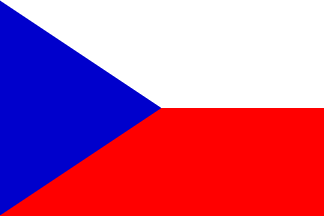 Czech Republic
Czech Republic  Deutschland
Deutschland  Greece
Greece  Ireland
Ireland  Italy
Italy 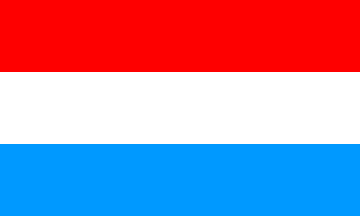 Luxembourg
Luxembourg 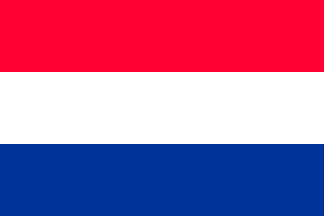 Netherlands
Netherlands  Portugal
Portugal  Romania
Romania 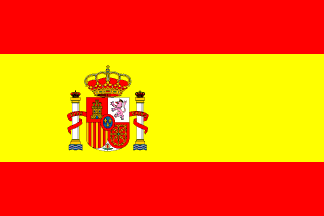 Spain
Spain  United Kingdom
United Kingdom  Asia-Pac Middle East
Asia-Pac Middle East  Turkey
Turkey  DR Congo
DR Congo  Egypt
Egypt  Ghana
Ghana 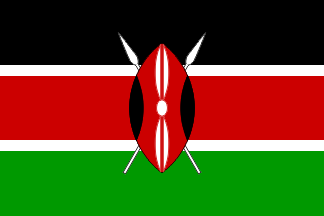 Kenya
Kenya  Lesotho
Lesotho  Mozambique
Mozambique  Nigeria
Nigeria  South Africa
South Africa 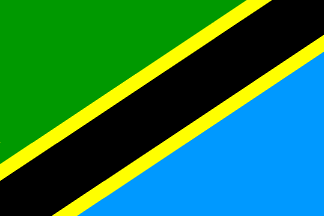 Tanzania
Tanzania 